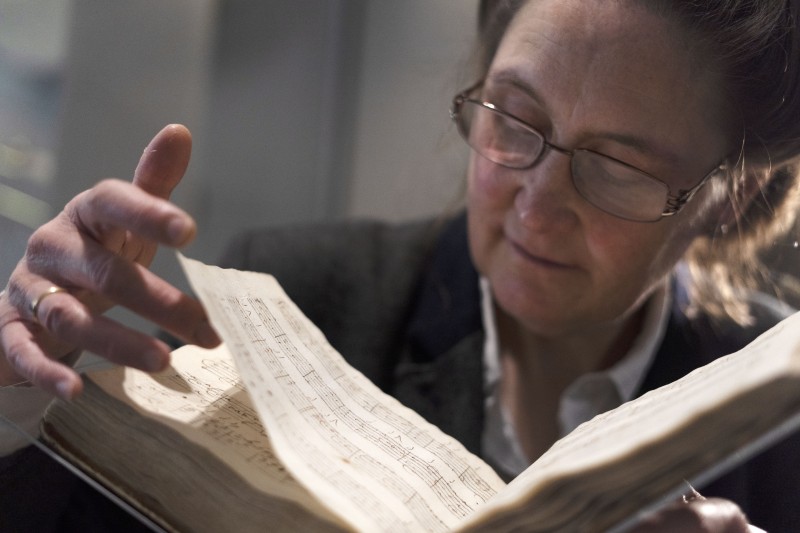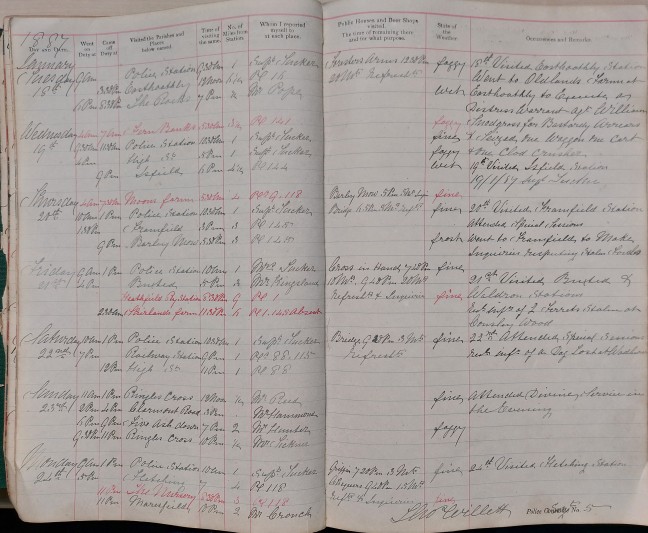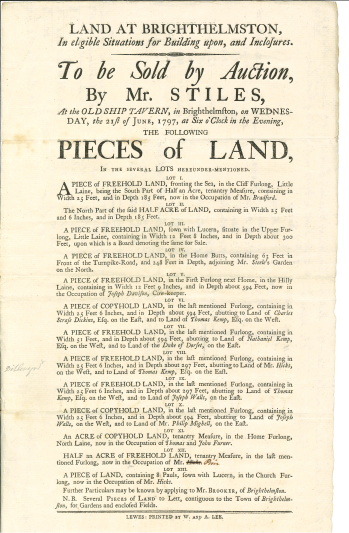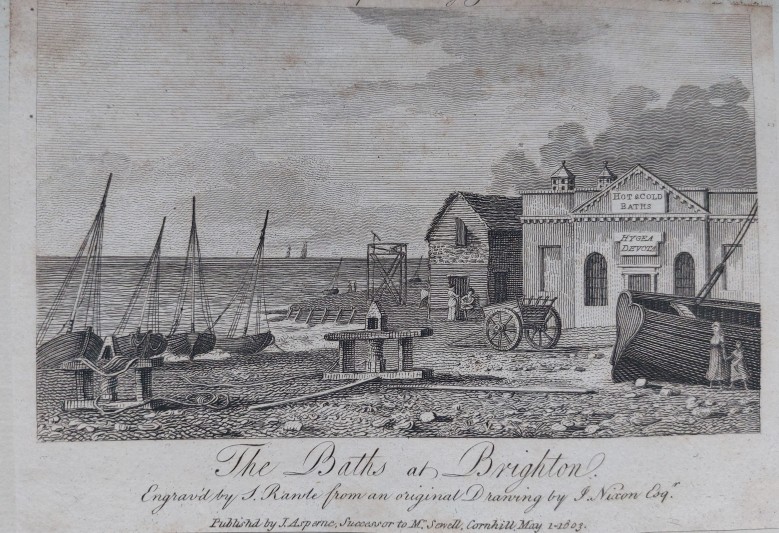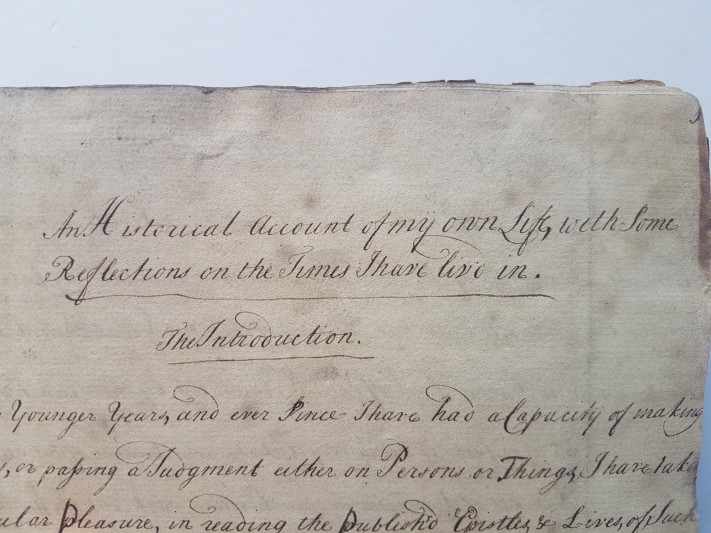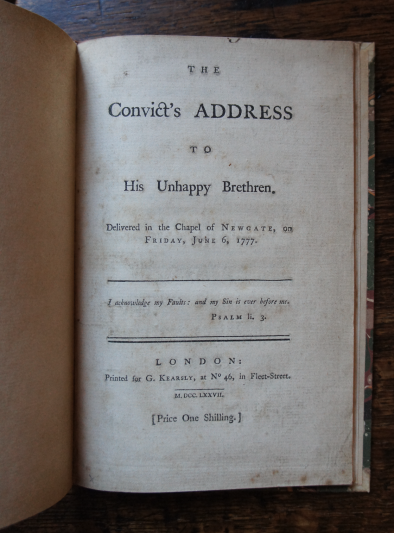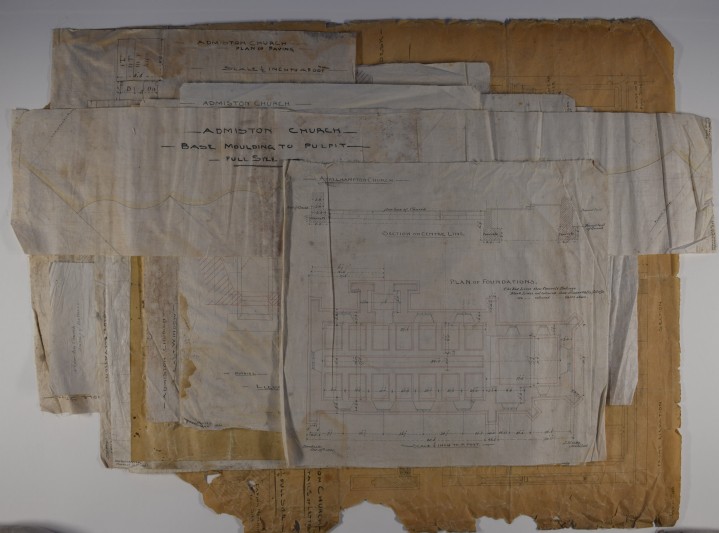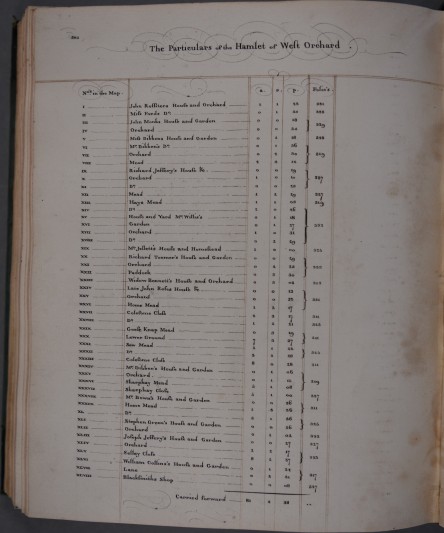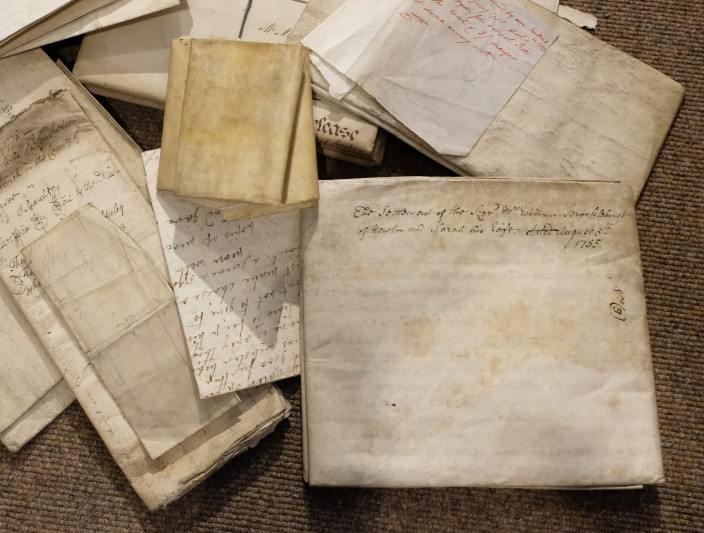Draft manuscript of the memoirs of Caroline Herschel. Caroline, and her brother William (1738-1822), who discovered the planet Uranus, were leading astronomers of the 18th and early 19th century, and Caroline was the first woman to be paid as a professional astronomer in the United Kingdom. Caroline and William Herschel played a pivotal role in the history of science in Georgian Britain and this manuscript provides us with a greater understanding of their lives.
Search FNL grants since 1931
The manuscript was once owned by Arnold Dolmetsch (1858-1940), one of the founders of the Early Music movement, and as part of his collection of books and instruments has been available to scholars for over a century. The manuscript was initially sold to a foreign buyer at Sotheby’s in September 2021 and shortly thereafter the Culture Minister placed a temporary export bar on the item. Following a successful fundraising campaign, the University bought the manuscript in October 2022.
Anna Manthorpe, Archivist, writes: When this journal came up at auction, we soon realised that it was part of a gap between 1861-1905 in a series of similar volumes from Uckfield Police Station (SPS/18).
The majority of these documents relate to the rental, sale and development of land in the tenantry laines of Brighton. The tenantry laines were fields surrounding the town which were sold off piecemeal to developers during the early 19th century: the layout of the strips within those fields determines the contemporary street pattern of this area of Brighton.
The scrapbook titled 'Collections of Sussex' contains 343 prints (five of which are coloured), 21 sketches (including two watercolours), and 28 maps and plans. These cover the whole of Sussex. It is a useful summary of images of local views in the days before photography. It was completed to a high standard in two volumes bound in vellum, with marbled endpapers. It includes a watercolour of Arundel Castle by either James Lambert the elder (1725-1788) or his nephew James Lambert (1741-1799) who operated in Lewes in the late 18th century, and whose work is represented in our holdings.
Dr Hugh Maguire, Director, The Dr Williams’s Trust, writes: These three folio volumes form a welcome addition to the library collections, complementing as they do the existing holdings and the Trust’s aspirations for the future growth and refinement of its richly
Celine Luppo McDaid, Hyde Director and Curator, writes: We are most grateful to FNL for the grant that enabled us to acquire The Convict’s Address. The pamphlet is well known amongst Johnsonians, and has great releva
Sam Johnston, Service Manager for Archives and Records writes: In June 2022 Dorset History Centre (DHC) was able to acquire the original archi
A manuscript survey by G(eorge)? Ingham of the Dorset held Estates of Henry Lord Arundell, 8th Baron Arundell of Wardour. Although a Wiltshire-based family, the Lords Arundell owned substantial lands in the adjacent county of Dorset. Henry Arundell was an avid collector of art, and he accumulated enormous debts due to his ambitious building plans for New Wardour Castle, Wiltshire, and his unrestrained purchases of art to fill it.
A collection of 535 documents, which provides a fine case study in the accumulation of a close-knit family’s estate in and around Macclesfield, and their various exchanges of property, given added value by the significant roles which members of that family played in the public and commercial life of the town. The Brocklehurst family were extremely influential in the Macclesfield area, socially, culturally, politically and in terms of their position in the silk industry.
